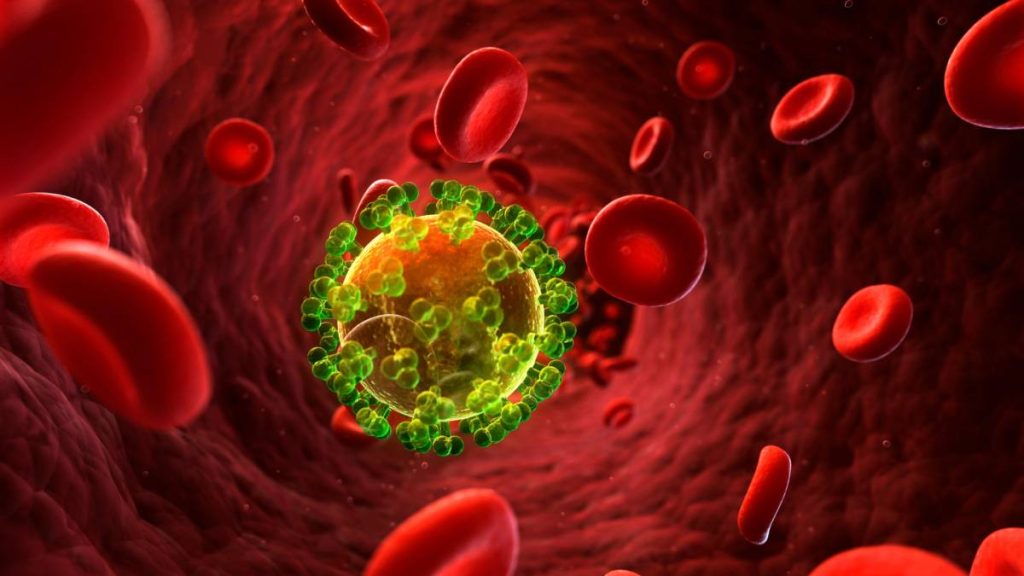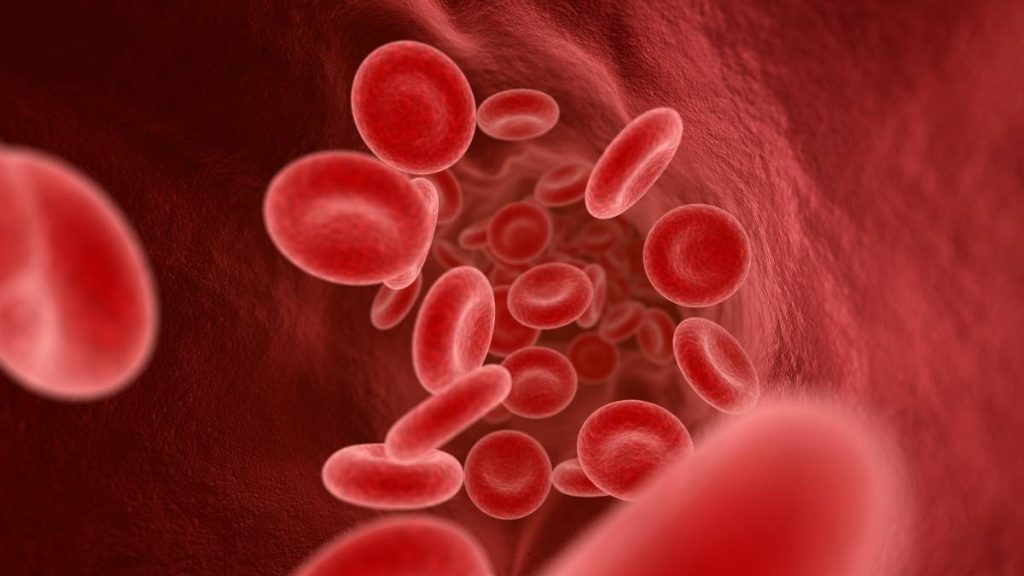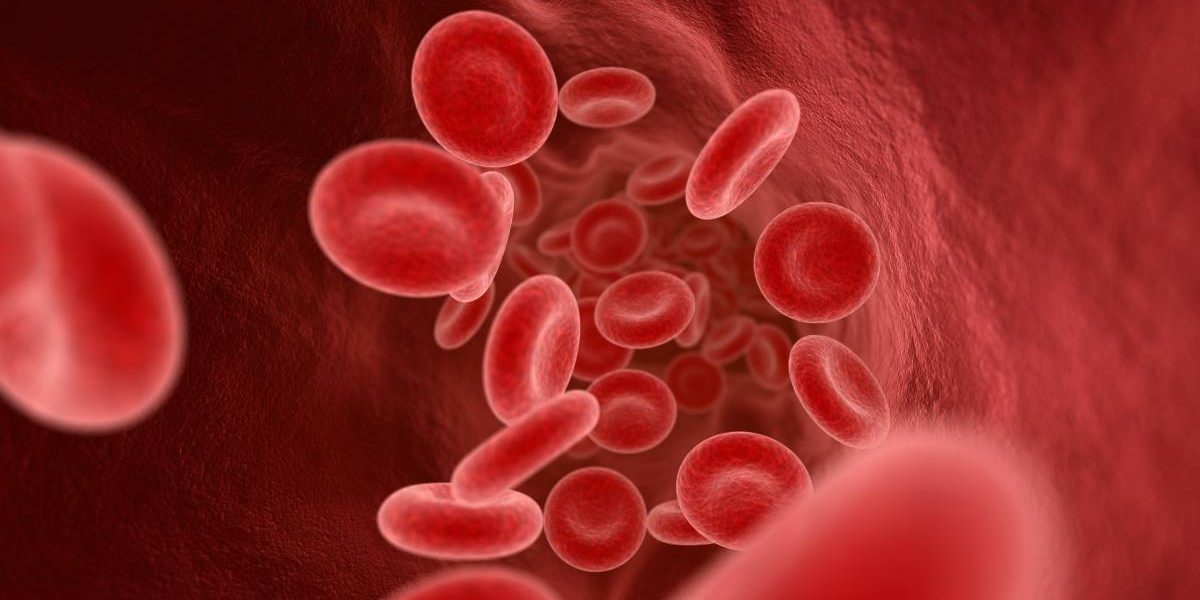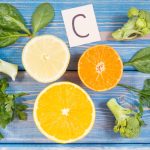
Sources of Vitamin B12.
Vitamin B12 is a crucial nutrient that plays a vital role in various bodily functions, including the formation of red blood cells, neurological health, and DNA synthesis. Since the human body cannot produce vitamin B12 on its own, it’s essential to obtain it from external sources. Here are some easily accessible and nutrient-rich sources of vitamin B12:
- Animal Products: The most reliable and abundant sources of vitamin B12 come from animal-derived foods. These include:
- Meat: Beef, poultry, pork, and lamb are excellent sources of vitamin B12.
- Fish and Seafood: Fish, especially salmon, trout, tuna, and shellfish like clams and mussels, are rich in vitamin B12.
- Dairy Products: Milk, cheese, and yogurt contain varying amounts of vitamin B12.
- Eggs:
- Eggs, particularly the yolk, are a good source of vitamin B12. Incorporating eggs into your diet can contribute to meeting your B12 requirements.
- Fortified Foods:
- Many plant-based foods are not natural sources of vitamin B12. However, some fortified foods are enriched with synthetic B12. These may include fortified cereals, plant-based milk (like soy or almond milk), and nutritional yeast. Always check product labels to ensure they contain added vitamin B12.
- Supplements:
- In cases where individuals have difficulty obtaining enough vitamin B12 through diet alone, supplements can be a convenient solution. These supplements are available in various forms, including pills, sublingual (under the tongue) drops, and injections. Consultation with a healthcare professional is advisable before starting any supplement regimen.
- Organ Meats:
- Liver, particularly beef liver, is an organ meat that is exceptionally high in vitamin B12. However, it’s essential to consume organ meats in moderation due to their high cholesterol content.
- Dietary Choices for Vegans:
- Individuals following a vegan diet need to be mindful of their vitamin B12 intake, as plant-based foods typically lack this essential nutrient. Fortified foods and B12 supplements become crucial for vegans to ensure they meet their nutritional needs.
- Shellfish:
- Shellfish such as clams, oysters, and crabs are not only delicious but also excellent sources of vitamin B12. Including these in your diet can contribute to meeting your B12 requirements.
It’s important to note that certain factors, such as age, digestive health, and medication use, can affect the body’s ability to absorb vitamin B12. Regular check-ups with healthcare professionals can help monitor vitamin levels and address any deficiencies promptly.
In conclusion, obtaining sufficient vitamin B12 is essential for overall health, and incorporating a variety of foods into your diet is the key to meeting your nutritional needs. Whether you consume animal products or follow a plant-based diet, being mindful of your vitamin B12 sources ensures that you maintain optimal health and well-being.

How to incorporate more Vitamin B12 into your diet.
Incorporating more Vitamin B12 into your diet is crucial for maintaining overall health and well-being. Whether you’re a meat lover, a vegetarian, or a vegan, there are diverse and accessible ways to ensure you meet your Vitamin B12 requirements. Here are some simple and practical tips to help you boost your Vitamin B12 intake:
- Include Animal Products: One of the most reliable sources of Vitamin B12 is found in animal products. Incorporate a variety of meats into your diet, such as beef, poultry, pork, and lamb. Fish, especially salmon, trout, and tuna, are excellent choices. Dairy products like milk, cheese, and yogurt also provide a good dose of Vitamin B12.
- Don’t Forget Eggs: Eggs, particularly the yolk, are a nutritious and versatile source of Vitamin B12. Adding eggs to your diet, whether boiled, scrambled, or in omelets, can contribute significantly to meeting your B12 needs.
- Explore Fortified Foods: For those on a plant-based or vegetarian diet, consider fortified foods. Many cereals, plant-based milk (like soy or almond milk), and nutritional yeast are enriched with synthetic Vitamin B12. Check product labels to ensure they contain added B12 and incorporate these items into your meals.
- Consider Supplements: If it’s challenging to get enough Vitamin B12 through food alone, supplements can be a convenient solution. They come in various forms, including pills, sublingual drops, and injections. Before starting any supplement regimen, it’s advisable to consult with a healthcare professional to determine the right dosage for your specific needs.
- Include Organ Meats in Moderation: Organ meats, such as beef liver, are rich in Vitamin B12. However, due to their high cholesterol content, it’s essential to consume them in moderation. Consider incorporating organ meats into your diet occasionally to boost your B12 intake.
- Be Mindful of Dietary Choices for Vegans: Vegans need to pay extra attention to their Vitamin B12 intake, as plant-based foods generally lack this essential nutrient. Include fortified foods in your diet and consider taking B12 supplements to ensure you meet your nutritional needs. Regular monitoring and consultation with healthcare professionals can help address any deficiencies.
- Savor Shellfish: Shellfish like clams, oysters, and crabs are not only delicious but also excellent sources of Vitamin B12. Including these in your meals can add variety to your diet while boosting your B12 levels.
- Create Balanced Meals: Aim for balanced meals that include a variety of food groups. Incorporating a mix of meat, dairy, eggs, and plant-based options ensures a diverse range of nutrients, including Vitamin B12.
Remember that factors like age, digestive health, and medication use can impact Vitamin B12 absorption. Regular health check-ups and discussions with healthcare professionals can help you tailor your diet and supplementation plan to meet your specific needs.
In conclusion, incorporating more Vitamin B12 into your diet is achievable with thoughtful food choices and, if necessary, supplements. By embracing a diverse range of foods and being mindful of your nutritional needs, you can ensure that you maintain optimal Vitamin B12 levels for a healthy and thriving lifestyle.

Vitamin B12 supplements and dosage recommendations.
Vitamin B12 supplements can be a valuable addition to your health regimen, especially if you have difficulty obtaining sufficient B12 from your diet. These supplements come in various forms and dosages, and understanding how to use them effectively is crucial for maintaining optimal health.
- Forms of Vitamin B12 Supplements:
- Pills or Tablets: One of the most common forms, B12 supplements are available in pill or tablet form. These are convenient and easy to incorporate into your daily routine.
- Sublingual (Under the Tongue) Drops: Sublingual B12 supplements are placed under the tongue, allowing for faster absorption through the bloodstream. This form is ideal for those who may have absorption issues in the digestive tract.
- Injections: In some cases, healthcare professionals may recommend B12 injections, especially for individuals with severe deficiencies or absorption challenges. Injections ensure a direct and efficient delivery of the vitamin into the bloodstream.
- Dosage Recommendations:
- For General Health Maintenance: The recommended daily allowance (RDA) for Vitamin B12 varies by age and life stage. For most adults, a daily intake of 2.4 micrograms is recommended. However, individual needs may vary, and it’s advisable to consult with a healthcare professional to determine the appropriate dosage for your specific situation.
- For Deficiency Treatment: If you have a diagnosed B12 deficiency, your healthcare provider may prescribe higher doses initially to address the deficiency. This could involve daily or weekly supplementation until levels are normalized. Once levels are stable, a lower maintenance dose may be recommended.
- Considerations for Special Populations:
- Vegans and Vegetarians: Individuals following a vegan or vegetarian diet are at a higher risk of B12 deficiency since plant-based foods lack this vitamin. In such cases, B12 supplements or fortified foods become essential to meet nutritional needs.
- Elderly Individuals: As people age, the body’s ability to absorb B12 from food may decrease. Therefore, older adults may benefit from B12 supplements or fortified foods to ensure they get an adequate amount of this vital nutrient.
- Digestive Disorders: Certain medical conditions, such as pernicious anemia or gastrointestinal disorders, can hinder B12 absorption. In such cases, healthcare professionals may recommend higher doses or alternative forms of B12 supplementation.
- Potential Side Effects and Interactions:
- Vitamin B12 supplements are generally safe when taken at recommended doses. However, like any supplement, they may cause side effects in some individuals, such as nausea or diarrhea.
- Certain medications, such as proton pump inhibitors and certain diabetes medications, can interfere with B12 absorption. It’s crucial to inform your healthcare provider about all medications and supplements you are taking to avoid potential interactions.
- Regular Monitoring and Professional Guidance:
- Regular check-ups and monitoring of B12 levels are essential, especially for those taking supplements. This helps ensure that levels are within the optimal range and adjustments can be made if necessary.
- Always consult with a healthcare professional before starting any supplement regimen, as they can provide personalized advice based on your health status and individual needs.
In conclusion, Vitamin B12 supplements are a valuable tool for maintaining health, especially for those with dietary restrictions or absorption challenges. Understanding the different forms of supplements, appropriate dosages, and potential considerations for specific populations will help you make informed decisions about incorporating B12 into your health routine. Regular communication with healthcare professionals ensures that your supplementation plan aligns with your unique health needs.

Conclusion:
In the journey to secure our health, the significance of Vitamin B12 cannot be overstated. From exploring natural sources and dietary adjustments to understanding the convenience and nuances of supplements, we’ve navigated the avenues available for ensuring adequate B12 intake. Whether relishing a diverse array of foods, considering fortified options, or opting for supplements under professional guidance, the goal remains the same — to nourish our bodies and safeguard our well-being. As we conclude this exploration, the emphasis lies in the synergy of informed choices, regular monitoring, and collaborative efforts with healthcare professionals, ensuring that our pursuit of Vitamin B12 aligns seamlessly with our unique health needs.











